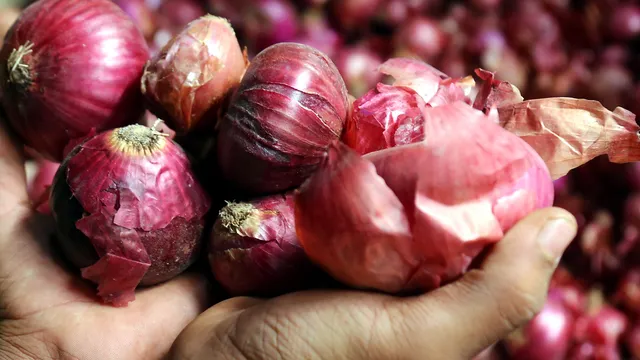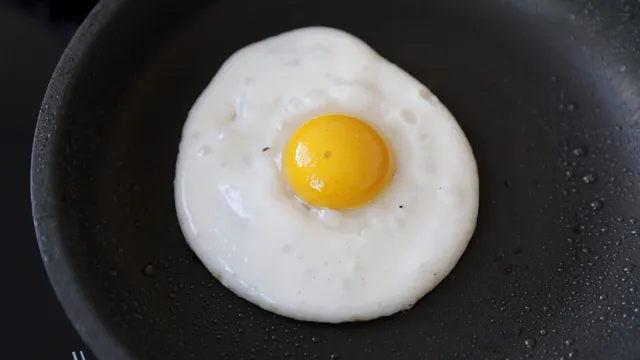In a surprising new study, researchers at the University of Bonn found that red onion skins—something most people throw away—can actually help lower high blood pressure.
This natural remedy may offer new hope, especially for overweight or obese people who have difficulty controlling their blood pressure with traditional treatments.
The key component behind this discovery is a natural compound called quercetin. Quercetin is found in many fruits and vegetables, including capers, kale, and especially red onions.
It gives these foods a slightly bitter taste and is already used in some dietary supplements and beverages because of its potential benefits. Previous studies have shown that quercetin may help the heart by lowering blood pressure, but the latest study offers stronger evidence to support this idea.
In this new study, 70 participants with high blood pressure were divided into two groups. All participants in the study were overweight or obese, which is important because these groups are at higher risk for heart problems.
One group took a daily supplement containing 162 milligrams of quercetin, produced from red onion skins. The other group took a placebo—a pill with no active ingredients. This continued for six weeks.
To measure the effects, the researchers used two types of blood pressure checks. One is the usual method used in a doctor's office, and the other is ambulatory blood pressure monitoring, which tracks blood pressure throughout the day and night while people go about their normal activities.
The results are encouraging. The group that took the quercetin supplement showed a noticeable decrease in blood pressure, both during the day and during sleep. The group that took the placebo did not show the same improvement.
Interestingly, quercetin does not appear to affect other health indicators such as cholesterol, blood sugar, or inflammation—it mainly helps with blood pressure.
This means that quercetin may be a useful natural supplement for people trying to control their blood pressure, especially those at higher risk due to their weight. According to the researchers, a daily dose of 162 milligrams may have a significant effect.
However, they point out that this is only one study and more research is needed to confirm the results and understand how quercetin works in the long term.
This finding adds to a growing number of studies looking at natural ways to lower blood pressure. Other studies show that drinking certain types of tea, taking herbal supplements, reducing added sugar, or increasing vitamin D may also help, especially in people with other health problems such as diabetes.
The study on quercetin, led by Verena Brühl and her team, was published in the British Journal of Nutrition. It sheds light on the potential of everyday natural ingredients to maintain heart health. | BGNES

 Breaking news
Breaking news
 Europe
Europe
 Bulgaria
Bulgaria







